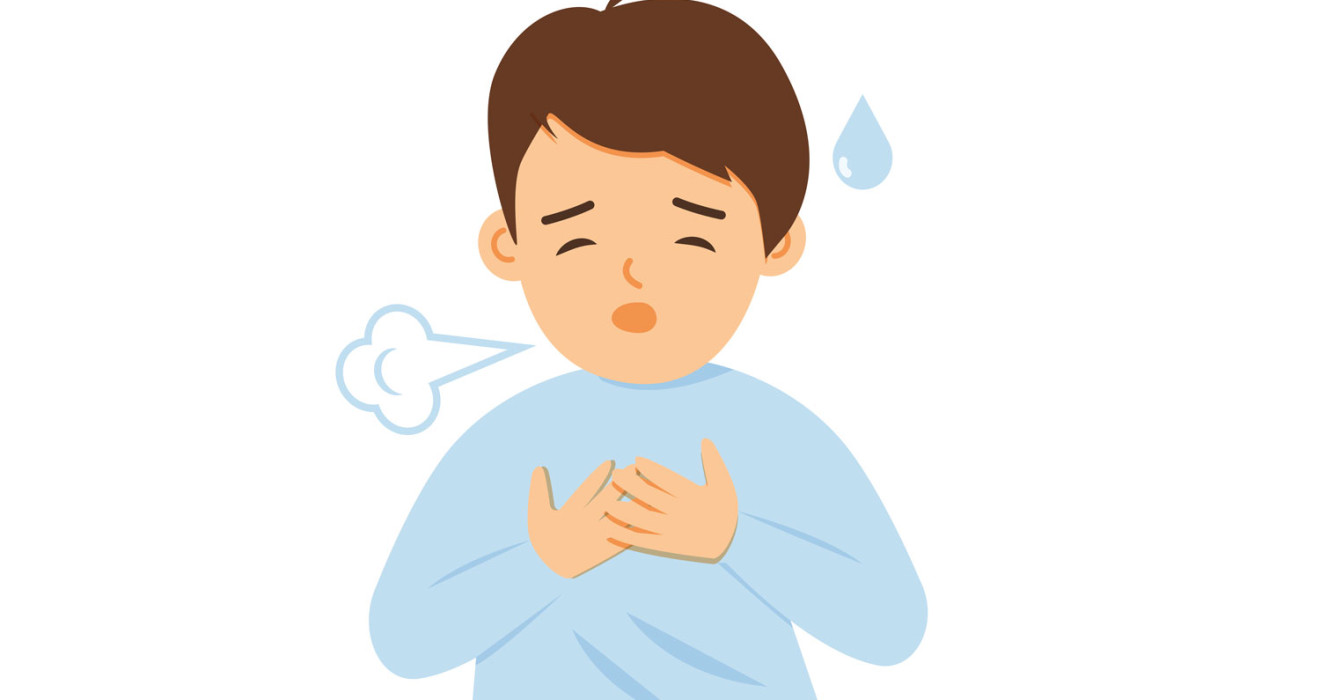
Shortness of Breath (Dyspnea) Treatment
A healthy adult needs to breathe up to 20 times per minute. That's about 30,000 breaths a day. Although strenuous exercise or cold may cause a change in this order from time to time, you should never feel shortness of breath in typical situations.
What is Shortness of Breath (Dyspnea)?
It is discomfort, distress, or pain felt during breathing. It can occur for many different reasons.
How to Tell if You Have Shortness of Breath (Dyspnea)?
Symptoms of dyspnea are as follows:
- Hard breathing
- Breathing requires extra effort
- Chest pain
- Contraction of the chest wall while breathing
- Slow or deep breathing
- Putting more effort to breathe
- Difficulty in speaking while breathing
- Rapid breathing or rapid exhalation
How to Diagnose?
Many different diagnostic methods can be used to determine the cause of shortness of breath. These methods are as follows:
- Physical examination
- Laboratory tests
- Lung function tests
- Chest X-ray
- Respiratory tests
- Cardiovascular tests: Tests such as an electrocardiogram (EKG), echocardiography (ECHO), or cardiac catheterization
What are the Causes of Dyspnea?
Dyspnea can occur in the following situations:
- Anemia
- Obesity
- Toxic gases
- Side effects of drugs
- Lung diseases: such as asthma, bronchitis, emphysema, tuberculosis
- Other health problems: Diabetes, thyroid diseases, depression
- Cardiovascular diseases: such as heart failure, heart valve disease, pulmonary embolism
What are the Causes of Lung-Related Shortness of Breath?
The causes of lung-related shortness of breath are as follows:
- Lung cancer
- Chronic obstructive pulmonary diseases (COPD)
- Asthma
- Pneumonia or accumulation of fluid in the lungs
- Bronchitis or emphysema
What are the Causes of Heart-Related Shortness of Breath?
The causes of heart-related shortness of breath are as follows:
- Mitral stenosis: Narrowing of the mitral valve
- Heart failure: Inability of the heart to pump enough blood
- Aortic stenosis: Narrowing of the aortic valve
- Pulmonary embolism: Occlusion of the pulmonary arteries with thrombus
- Cardiomyopathy: Weakness of the heart muscle
- Pericarditis: Inflammation of the pericardium
How to Treat ?
Shortness of breath treatment varies according to its cause. Therefore, you should determine the cause of it first. For example, people with respiratory diseases such as asthma and COPD may use medication. Doctors can apply heart related treatment if the cause of it is heart disease. If the cause is obesity, weight loss treatment can be applied.
If the cause of shortness of breath cannot be determined, general treatments can be applied to reduce it.
Frequently Asked Questions
-
Dyspnea can be temporary or permanent. Temporary shortness of breath usually goes away with treating an emerging health problem. Psychological dyspnea is usually temporary.
-
Persistent dyspnea occurs due to a permanent health problem. Therefore, even if it is treated, it does not disappear completely.
-
The methods used to diagnose shortness of breath are as follows:
- Clinical examination
- Checking respiratory rate
- Lung function tests
- Measurement of respiratory depth
- ECG and ECO
- Oxygen saturation
-
COPD is a disease that usually develops over the years. The initial symptoms of the disease in question are as follows:
- Dyspnea
- Cough
- Expectoration
- Breathing difficulty
-
Smoking can affect the symptoms of COPD.
-
It may occur in indoor environments. This can result from health problems such as congestion or narrowing of the airways, or heart failure. In addition, since the air quality may be low in indoor environments, dyspnea may occur in cases such as allergic reactions and asthma attacks. It can also occur in disorders such as panic attacks and claustrophobia.
-
The occurrence of shortness of breath when sleeping can occur due to many factors. The most common causes are as follows:
- Edema
- Heart Failure
- Pneumomediastinum (Intra Mediastinal Air)
- Gastroesophageal Reflux (GERD)
- Parasomnia (Sleep Disorders)
- Pneumothorax (Intrathoracic Air)


